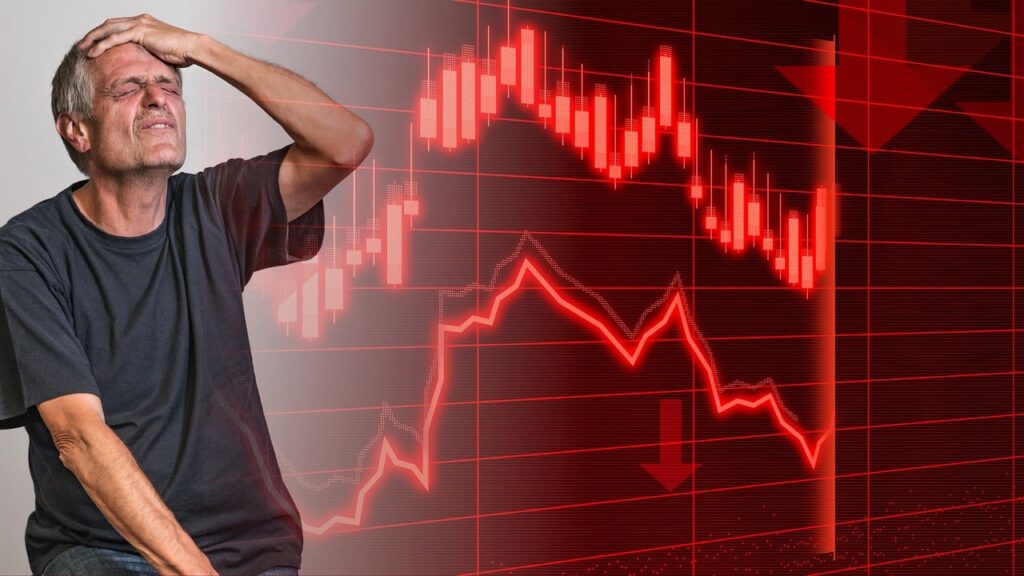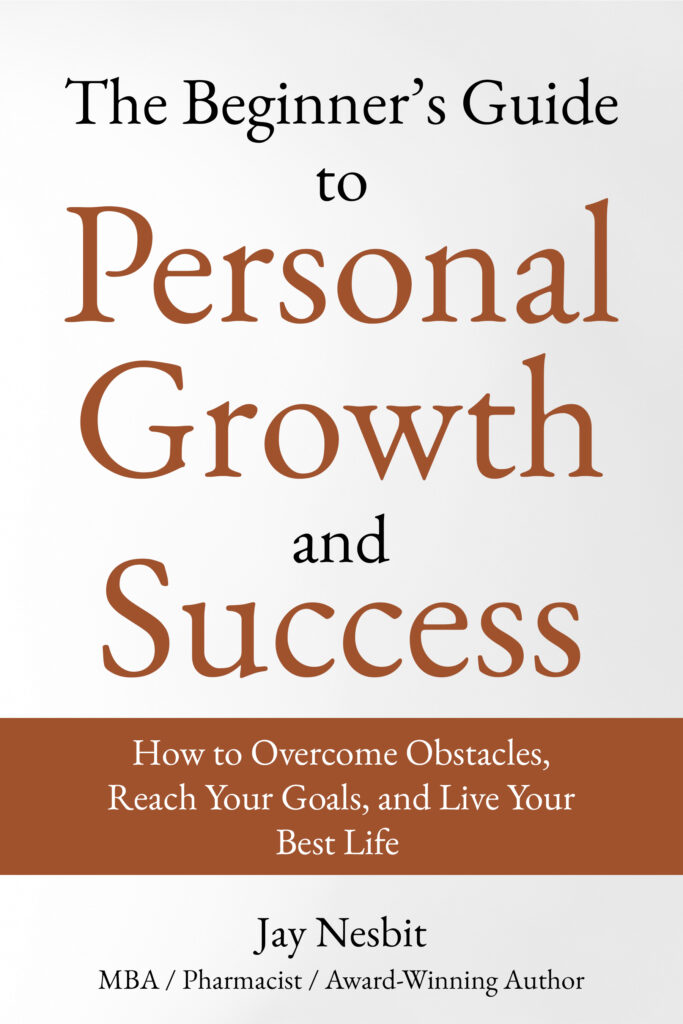
Image by Tumisu from Pixabay
The Pharmacist Wordsmith – April 17, 2025 – Life-Changing Words Post #46
Investing isn’t just about numbers—it’s about emotions, too. When people feel good about the market, they invest more, and stock prices go up. When they get nervous, they stop buying, or worse, they sell, and prices drop. That’s how the market works.
As someone with an MBA focused on finance and economics, I’ve spent years studying how markets behave. I also follow the principles of Dimensional Fund Advisors, which focus on evidence-based investing, long-term growth, and avoiding emotional decision-making. The market will always have ups and downs, but understanding why those drops happen can help you make smarter investment choices.
Risk vs. Uncertainty: What’s the Difference?
Before we dive into why markets fall, let’s talk about two key ideas in investing: risk and uncertainty
- Risk is when you can measure the odds. A well-established company with 20 years of solid profits carries some risk, but you can make an educated guess about its future.
- Uncertainty is when there’s no clear way to predict what happens next—like a surprise recession, a global crisis, or a major policy shift. Investors hate uncertainty because it makes it harder to plan.
When uncertainty increases, confidence fades, and that’s when the market starts to tumble.
Why Does the Market Drop?
The market doesn’t drop randomly. When people stop feeling comfortable putting money into stocks, prices fall. Here’s why that happens:
1. Bad News Creates Fear
If the news is full of negative headlines—like rising inflation, layoffs, or economic slowdowns—investors start to worry about future profits. That fear leads to selling, which drives stock prices down.
2. Investors Hate Losing Money
Nobody likes watching their investments lose value. When stocks start falling, some investors panic and sell to avoid bigger losses. The more people sell, the faster the market drops.
3. Lack of New Money Flowing In
For stocks to rise, people need to keep buying. When investors stop putting fresh money into the market, demand drops, and prices fall.
4. High Interest Rates Change the Game
When the Federal Reserve raises interest rates, borrowing becomes more expensive. Businesses cut back on spending, and investors move their money into safer options like bonds instead of stocks. Less demand for stocks = lower prices.
5. Big Global Events Shake Confidence
Wars, pandemics, political uncertainty—these things bring a high level of uncertainty. And when uncertainty goes up, investors pull back.
What Should You Do When the Market Drops?
I follow the principles of Dimensional Fund Advisors, which emphasize long-term, evidence-based investing. That means not making emotional decisions when markets are down. Here’s how you can stay on track:
1. Expect Market Drops—They’re Normal
The stock market has always had crashes. The dot-com bust, the 2008 recession, the COVID-19 crash—each time, it felt like the world was ending. But the market always recovered.
2. Don’t Let Fear Control Your Decisions
Selling in a panic usually leads to regret. If you own strong investments, hold on. Market downturns are often great buying opportunities.
3. Diversify Your Portfolio
A well-diversified portfolio spreads risk across different industries, companies, and even asset classes like bonds or real estate. That way, a downturn in one area doesn’t wipe out your whole portfolio.
4. Keep Some Cash Ready to Invest
When the market drops, everything is on sale. Having cash available lets you buy solid investments at lower prices.
5. Remember the Market’s Long-Term Growth
If you look at a 50-year chart of the stock market, you’ll see ups and downs, but the long-term trend is up. Staying invested and focusing on the long term is key.
Final Thoughts
At the end of the day, stock prices are driven by confidence. When investors feel good, prices go up. When uncertainty rises, people hesitate, and prices drop. That’s just how the market works.
As someone who follows an evidence-based investment strategy, I believe in staying calm, focusing on long-term trends, and not making emotional decisions. Every crash in history has eventually led to a recovery, and those who stick to a solid plan usually come out ahead.
How do you handle market downturns? Drop a comment below—I’d love to hear your thoughts!


